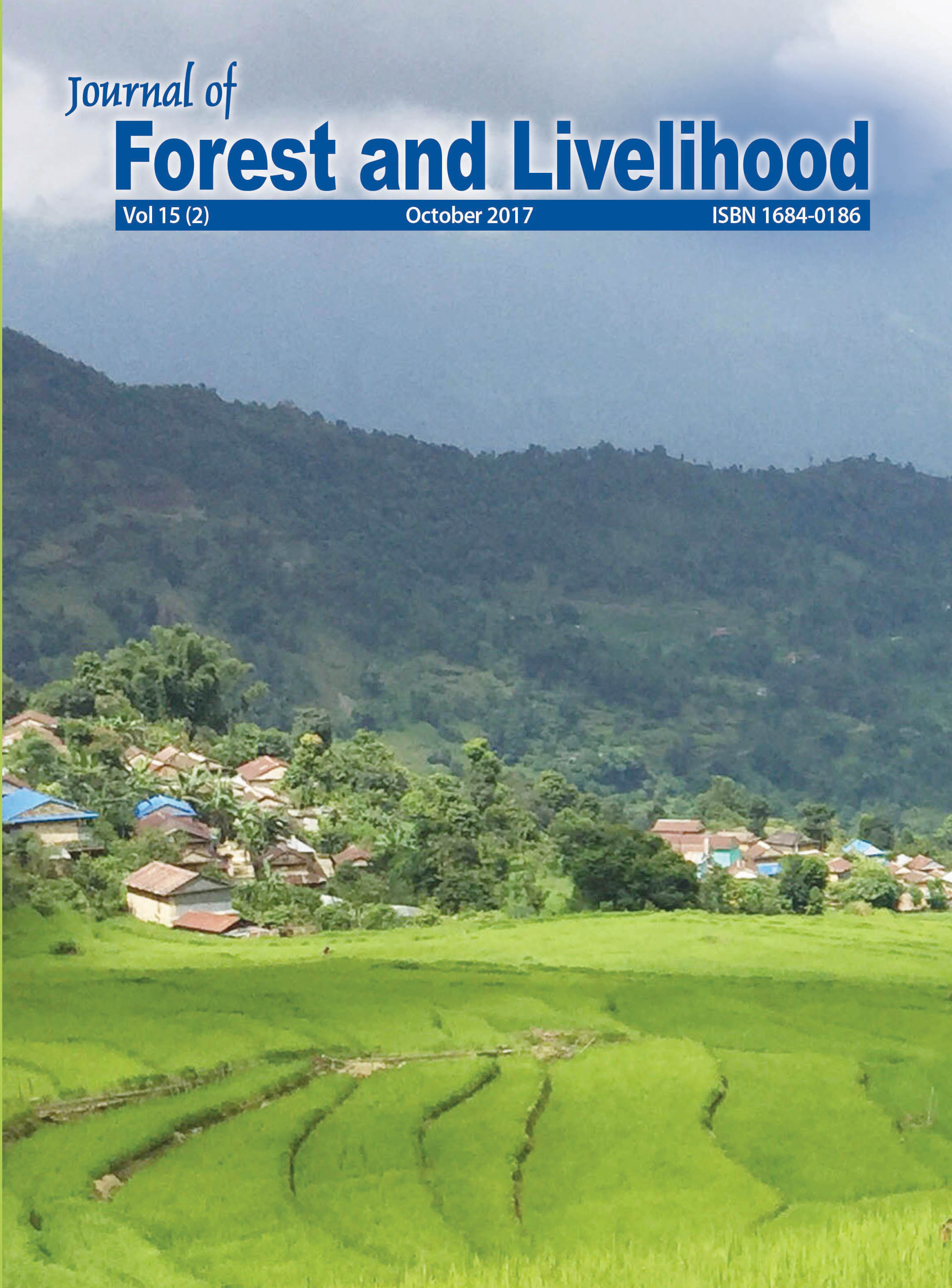Organic Farming and its Prospects in Peri-urban Area of Pokhara, Nepal
Keywords:
Bio-regions, conservation economy, organic farming, soil and biomass, watershed, sustainable livelihoodAbstract
This paper examines the importance of organic agriculture as a way of improving sustainable livelihoods in the Himalayan region in Nepal – by conserving resources, producing quality food for home consumption and for earning additional income from the market. Taking the case of Pokhara region, it explores the opportunities and constraints in organic agriculture. It reveals that despite high demand of organic food products in Pokhara, especially in tourist area, the supply has not been adequate due to various constraints like fragmented production and availability of guaranteed and reliable quality and marketable quantity. The paper also reveals that there had been some limited and fragmented approach to improve organic agriculture in the past. But, due to the lack of a watershed approach in making the whole watershed organic farming area, it was hard for individual farmers to maintain all requirements of organic production. The paper argues that some of the present constraints like fragmented production and unavailability of marketable size of production would be resolved if whole watershed approach is taken into account. Furthermore, linking agro-tourism with organic farming would increase the income of farmers, which would make farming attractive for the youth. This again requires a watershed approach in declaring some bioregions as organic, which would help in facilitating organic-farming movement.
Downloads
Downloads
Published
How to Cite
Issue
Section
License
Copyright (c) 2018 ForestAction Nepal

This work is licensed under a Creative Commons Attribution-NonCommercial 4.0 International License.
CC-BY-NC: This license allows reusers to distribute, remix, adapt, and build upon the material in any medium or format for noncommercial purposes only, and only so long as attribution is given to the creator.





